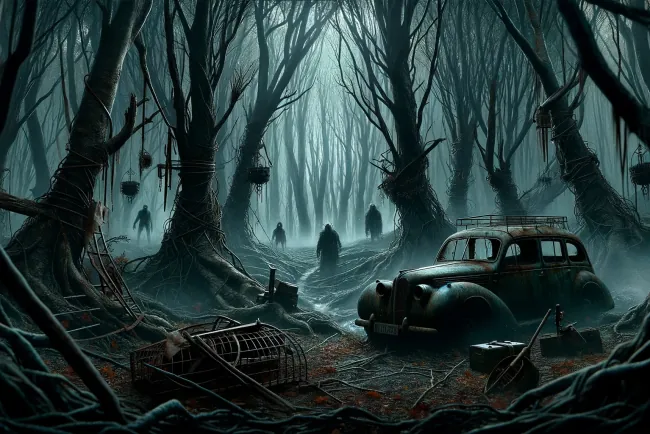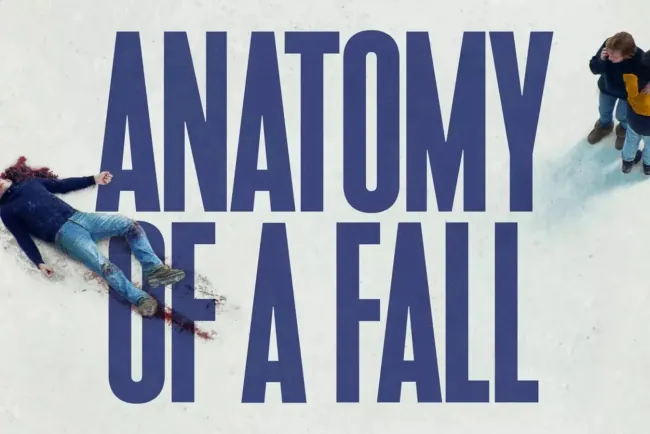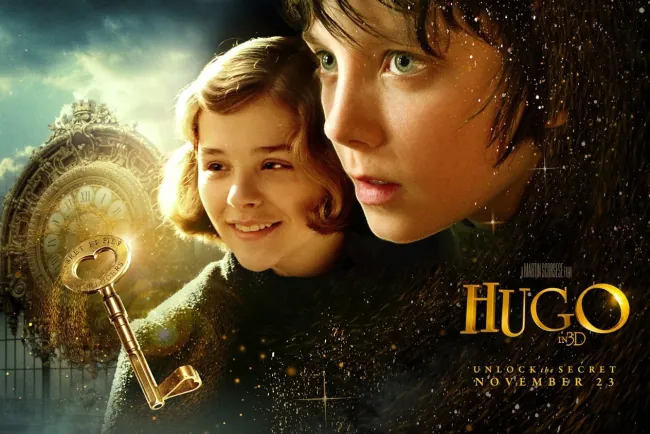The Art of Dark Comedy in Cinema
Discover the art of dark comedy in cinema, exploring its roots, evolution, and the key elements that make it both daring and captivating.
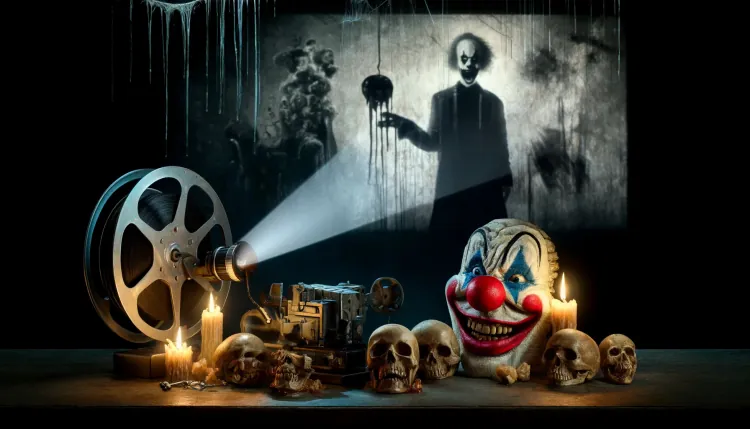
- Origins and Evolution
- Key Elements of Dark Comedy
- Modern Masters
- Impact and Importance
Origins and Evolution
The origins of dark comedy are rooted in literature and theater but found prominence in film through early directors like Charlie Chaplin and Ernst Lubitsch. Chaplin's Monsieur Verdoux (1947) demonstrated the potential of blending sociopolitical critique with humor. In To Be or Not to Be (1942), Lubitsch dared to mock the Nazis with bold comedic satire during World War II.
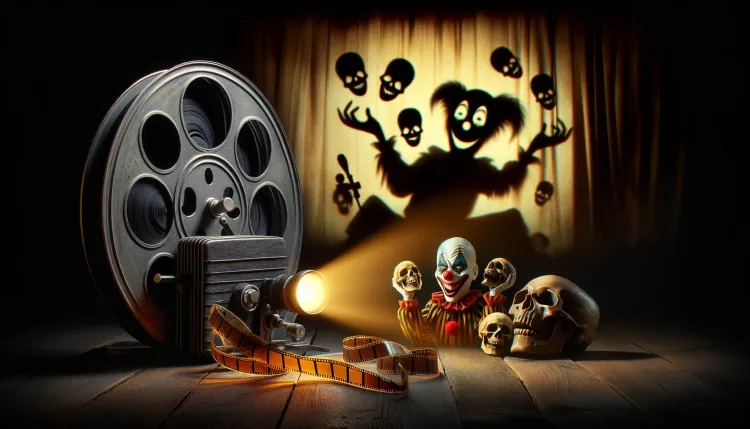
The genre evolved in the latter half of the 20th century, especially during the Cold War era, when directors like Stanley Kubrick introduced the absurdity of global anxieties into their work. His film Dr. Strangelove (1964) remains a quintessential example, brilliantly satirizing nuclear war through exaggerated characters and bleak humor.
Key Elements of Dark Comedy
-
Juxtaposition of Tones: The contrast of light, comedic scenes with darker themes shocks the audience into laughter.
-
Taboo Subjects: Dark comedies explore sensitive topics like death, mental illness, and war to offer unconventional perspectives.
-
Satirical Edge: They critique societal norms by emphasizing absurdity.
-
Characters as Caricatures: Exaggerated characters highlight absurd aspects of the narrative, making motivations seem ludicrous.
Modern Masters
Filmmakers have since experimented with dark comedy, combining it with different genres to create unique narratives. The Coen Brothers are known for their distinctive style, mastering dark humor in films like Fargo (1996) and Burn After Reading (2008). Their blend of crime, satire, and comedy keeps viewers laughing amid shocking scenarios.
Martin McDonagh excels in blending humor and tragedy in deeply human stories like In Bruges (2008) and Three Billboards Outside Ebbing, Missouri (2017). His work exemplifies the depth of dark comedy.
Taika Waititi's Jojo Rabbit (2019) uses a child's innocence to expose the absurdity of fascist ideology through satire, offering a bittersweet exploration of hate and hope.
Impact and Importance
Dark comedy goes beyond laughter, serving as a lens through which filmmakers expose human nature's hypocrisies and fears. It helps audiences confront uncomfortable truths about society by laughing at the absurdity of serious topics.
In an increasingly polarized world, dark comedy plays a critical role in allowing us to laugh while encouraging reflection and challenging the status quo.
What's Your Reaction?







